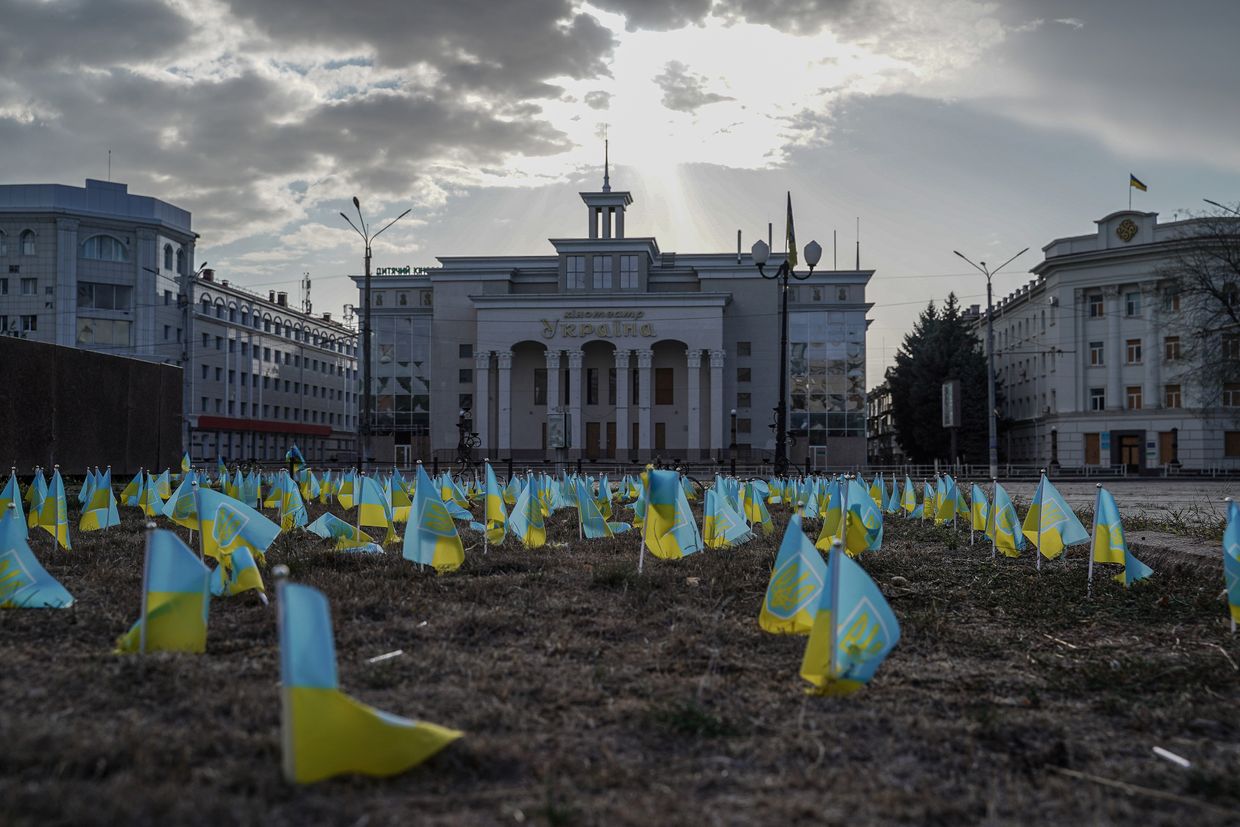Vance 'optimistic' about efforts to end Russia-Ukraine war

The United States remains hopeful that Russia's full-scale war against Ukraine can be brought to an end, U.S. Vice President JD Vance said during a visit to Italy on April 18, Reuters reported.
"I want to update the prime minister (Giorgia Meloni) on some of the negotiations between Russia and Ukraine... even in the past 24 hours, we think we have some interesting things to report on," Vance told reporters, without providing details.
"Since there are the negotiations, I won't prejudge them, but we do feel optimistic that we can hopefully bring this war, this very brutal war, to a close."
Vance's comments came after U.S. Secretary of State Marco Rubio said Washington would abandon its diplomatic push in the coming days unless Russia signals readiness to engage.
Speaking after meetings with European and Ukrainian officials in Paris, Rubio emphasized that while U.S. President Donald Trump remains interested in reaching a deal, he has "other priorities" if no agreement appears possible.
The U.S. president began his term promising a ceasefire within 24 hours of taking office, later extending the timeline to 100 days.
During a meeting in Paris on April 17, U.S. officials told their European counterparts they aim to secure a full ceasefire within weeks, according to Bloomberg. That meeting included Ukrainian officials and French President Emmanuel Macron.
Kyiv accepted an unconditional 30-day ceasefire proposal during U.S.-led talks in Jeddah on March 11. Moscow rejected the deal unless it included conditions undermining Ukraine's defense capabilities, including a full halt on military aid.
The Kremlin also demanded a ban on Ukraine's NATO membership, and full Russian control over occupied parts of Donetsk, Luhansk, Kherson, and Zaporizhzhia oblasts — conditions Kyiv has repeatedly said are unacceptable.
The White House has grown frustrated over the lack of progress. Russia continues its offensive operations, and a limited truce on strikes targeting energy infrastructure has failed to hold.
Trump has increasingly blamed both Ukraine and Russia for failing to reach a deal and has publicly called the war "Biden's war," placing responsibility on his predecessor, former President Joe Biden, and President Volodymyr Zelensky.
Ukraine has maintained that any peace deal must include security guarantees and has said it would never recognize the Russian occupation of its sovereign territory.













